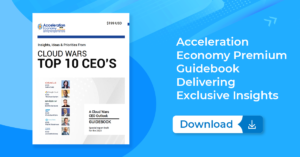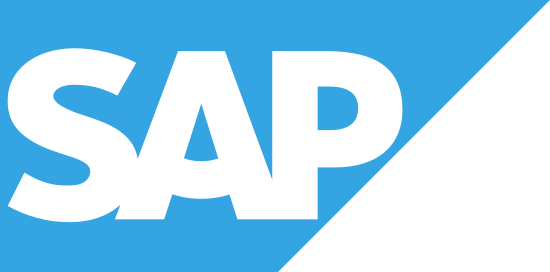
SAP and life-sciences powerhouse Pfizer are in the early stages of building out an industry-specific “data ecosystem” that will enable participants to accelerate innovation and be more responsive to fast-changing market dynamics.
The emerging data-sharing initiative for life sciences is patterned after the highly successful model that SAP helped pioneer in the automotive industry in Germany, called Catena X. From the BMW website, here’s an excerpt from an article describing what Catena X does:
“The German automotive industry’s success is based on an extensive network of suppliers. Up to now, data has usually only been exchanged bilaterally between individual partners. Everyone uses their own formats and systems that are not compatible with each other. Catena-X is intended to standardise the data flow and make information accessible to all. Individual data pools are linked and standardised on this impartial, open and secure platform. The idea is that this should accelerate processes for all participants, secure competitiveness and promote sustainability.”
With Pfizer, SAP is looking to begin building a similar model that will leverage:
- Pfizer’s scale, innovation, and market impact
- SAP’s presence among a huge number of life-sciences companies
- SAP’s vast stores of data from those industry players
- SAP’s industry expertise
- The desire of every company in the industry to become more data-driven to move faster and with more precision and more focus on customer issues
During a Q&A session yesterday at Pfizer, I asked SAP CEO Christian Klein about the role Pfizer is playing in helping build out the new SAP Business Network for Life Sciences.
“Pfizer is definitely helping us push this idea forward, and that will create a snowball effect and allow us to build new capabilities,” said Klein, who over the past couple of years has raised the idea of interconnected industry value chains.
“We started to see this a couple of years ago with supply chain disruptions, and we identified a lot of connections both within and across industries that could be served better,” Klein said.
“It’s not about asking companies to share all their data — they don’t need to share more data than what they’re sharing today. But the real power comes when they’re able to tap into the data that’s aggregated across entire industries — that’s what helps them get to address their sustainability objectives, all the way to Scope 3.”
While noting that the “business opportunity is huge,” Klein also said it will take time for the industry to become comfortable with and coalesce around the idea.
“Something like this doesn’t just happen overnight — we have to be patient, and it takes time.
“But that’s why I’ve protected the Business Network until we could figure out the right model.
“It has so much potential.”
That’s particularly true with a partner like Pfizer. Joining Klein for a presentation during his Sapphire Keynote was Pfizer chief digital and technology officer Lidia Fonseca, who said that in 2022, Prizer topped $100 billion in revenue for the first time in its 174-year history.
Fonseca also emphasized the importance of the “end-to-end platform approach” that Pfizer has adopted, which is enabled the company to plan its most-ambitious product rollout in its history: 19 product launches in the next 18 months.
“And the SAP Business Network helps us plan all that,” Fonseca said.
In closing, she underscored Pfizer’s commitment to the world of data and digital by saying, “At Pfizer, rather than creating a digital strategy for our business, we are creating a business strategy for a digital world.”
Sounds like a perfect partner with which to build an industry-wide data ecosystem.










